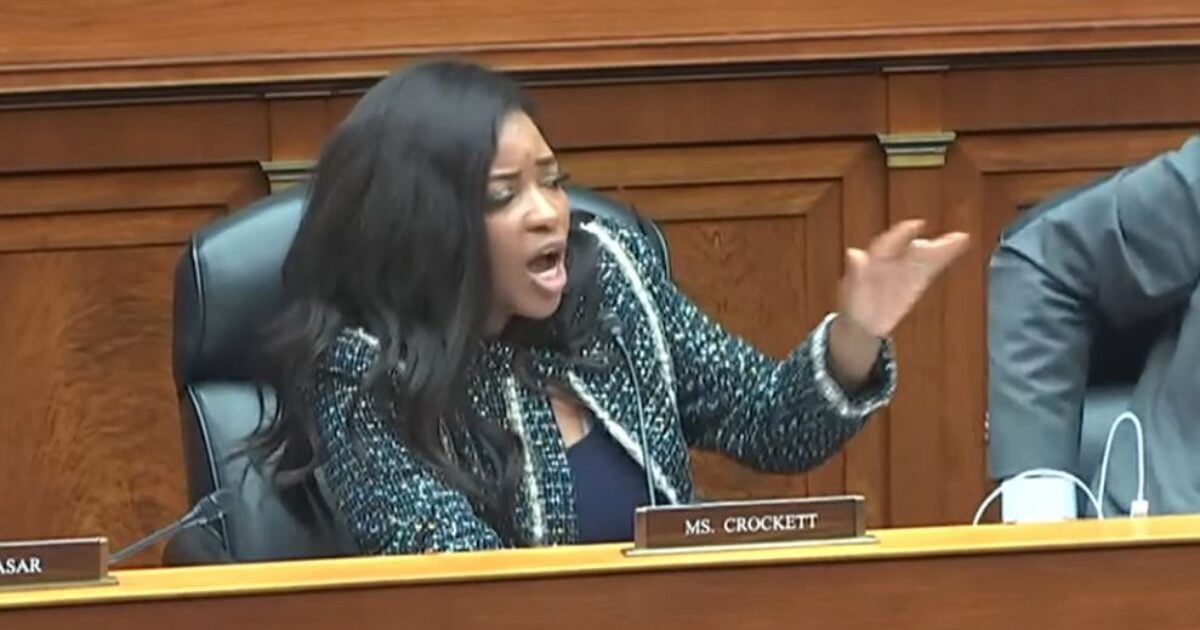
THE TRUMP TRIAL AND THE BURNING QUESTION: WHAT ARE LEGAL EXPENSES? It is hard to believe, but Manhattan District Attorney Alvin Bragg is attempting to put former President Donald Trump in prison for a maximum of 136 years in part over a disagreement about the definition of the phrase “legal expenses.” You know the story the prosecutors tell: Trump had sex with a porn star, Stormy Daniels, then paid her $130,000 in “hush money” to keep the story out of the 2016 campaign. He then lied about the payments in his company’s financial records, calling them “legal expenses” when they were obviously “hush money.” It was all part of Trump’s “criminal scheme to corrupt the 2016 presidential election,” the prosecutors say.
It was always a weak, politically motivated case. But now, in the fourth week of the trial, we are learning more about the specific weaknesses in Bragg’s allegations. They can make any reasonable person wonder why this trial is happening at all.
Here is the background: In the 2016 campaign, Trump paid Daniels $130,000 for an entirely legal nondisclosure agreement concerning a sexual encounter they may or may not have had several years earlier. Daniels has made contradictory statements over the years about whether it happened, and Trump denies it, so it is not possible to say for sure. Also, there are valid questions about whether Daniels tried to extort Trump in this matter, but that’s for another newsletter.
Former Trump fixer Michael Cohen, who at the time was Trump’s lawyer, negotiated the NDA with Daniels’s lawyer, who specialized in getting money out of celebrities. Shortly before the 2016 vote, Cohen paid Daniels the $130,000 out of his own pocket, and then, in 2017, Trump reimbursed him. But Trump did not just give Cohen $130,000. Cohen wanted an additional $50,000 for services he performed involving a tech company. That made $180,000. Then Cohen argued that he would have to pay 50% tax on the money, so he really needed twice that, or $360,000, so he would receive full payment even after paying taxes. Finally, Cohen sought a $60,000 bonus for all of his services, making the final sum $420,000. And that is what Trump paid Cohen, in 12 payments of $35,000 each, starting in February 2017 and ending in December of that year.
Trump’s company finance department issued the $35,000 checks, which Trump signed. The process was described in court by witness Jeffrey McConney, who was the controller of the Trump Organization. McConney worked for the company for 36 years and knew how the finances worked.
“Whenever you make a payment, you have to choose how it’s going to be indicated in the General Ledger category, how to put the payment, where to post the payment to so when you print the General Ledger, it summarizes the expenses in that account,” McConney testified. “There are a number of accounts you can post it to. We were paying a lawyer, so I said to put it — posted to legal expenses in the General Ledger.”
That seems sensible. Later, McConney explained that the Trump Organization computer system, known as MDS, or Multi Data System, was hopelessly out of date. Here is an exchange between McConney and a Trump attorney:
QUESTION: The legal expenses account was a specific item in the charter of accounts?
ANSWER: Yes.
QUESTION: It was basically part of a dropdown menu?
ANSWER: Yes.
QUESTION: In 2017, it sounds like the MDS system was a bit antiquated, was it not?
ANSWER: Yes.
QUESTION: I think you said you actually helped design it. That was in 1991?
ANSWER: 1991.
QUESTION: And so, these categories, there was a level of rigidity to them, right?
ANSWER: Yes.
QUESTION: If you are talking about payments to an attorney, legal expenses — that was the account that was used, right?
ANSWER: Yes, sir.
Consider these other details. Cohen, a lawyer, was Trump’s attorney. He negotiated the NDA with Stormy Daniels’s attorney. He reviewed and presented the NDA to Trump. Then Trump paid Cohen, his lawyer who arranged a legal agreement. That sounds a lot like…legal expenses.
Still, one might ask: Was the entire $420,000 Trump paid to Cohen for legal services? No. Some of it was to reimburse Cohen for paying Daniels. But on the other hand, it appears that some, and perhaps a lot of what the Trump Organization classified as “legal expenses” was, in fact, legal expenses. The indictment makes no such distinctions.
Instead, prosecutors allege Trump “agreed to repay Cohen by falsely disguising the reimbursement as a legal expense.” They also allege that Trump committed a crime by categorizing the payments as part of a retainer agreement with Cohen when in fact there was no such agreement. And that Trump somehow committed another crime by dating the payments in 2017, which is when they were made, despite the fact that Cohen had done some of the work in 2016.
Here’s the thing: At some point, this becomes ridiculous. For this bookkeeping dispute, Bragg has charged Trump with 34 felonies, each carrying a maximum sentence of four years, for a maximum of 136 years in prison. If convicted, Trump could be sentenced to spend the rest of his life in prison for saying there was a retainer when there wasn’t or dating a payment 2017 when it arguably should have been 2016. This is the stuff of civil enforcement and fines. Can’t anyone in the prosecutor’s office or the Democratic Party or any of the cheerleaders in the media admit that this is crazy?
















